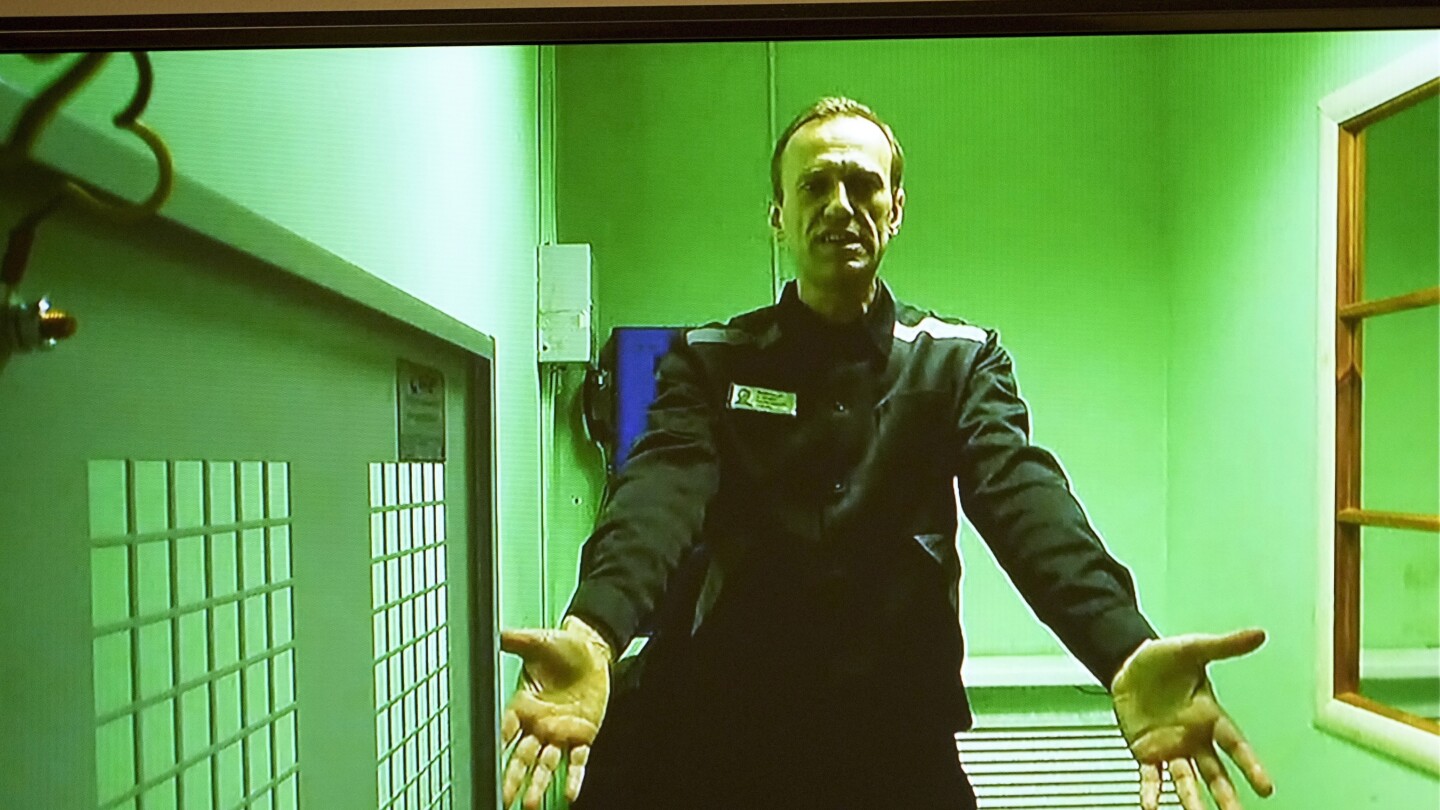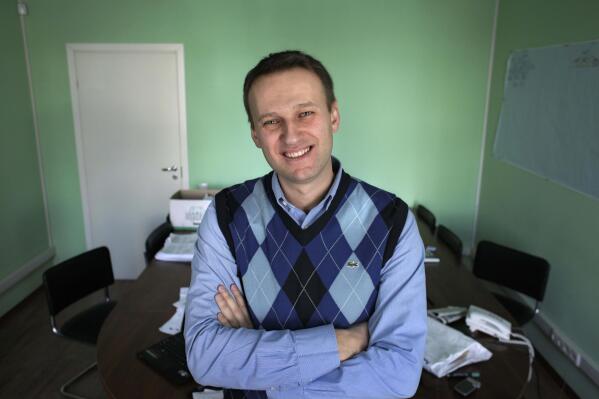TALLINN, Estonia (AP) — Allies of imprisoned Russian opposition leader Alexei Navalny sounded the alarm on Monday, saying that neither they nor the politician’s lawyers have heard from him in six days.
Navalny, who is serving a 19-year term on charges of extremism, was due to appear in court Monday via video link but didn’t, spokeswoman Kira Yarmysh said. She said prison officials cited electricity problems. Lawyers in recent days also haven’t been able to access Navalny, according to Yarmysh.
“It is already the sixth straight day that we don’t know where Alexei is and what is happening to him,” Yarmysh wrote on X, formerly known as Twitter.
Navalny, 47, has been behind bars since January 2021. As President Vladimir Putin’s fiercest foe, he campaigned against official corruption and organized major anti-Kremlin protests. His arrest came upon his return to Moscow from Germany, where he recuperated from nerve agent poisoning that he blamed on the Kremlin.
Navalny has since been handed three prison terms and spent months in isolation in a penal colony in the Vladimir region east of Moscow for alleged minor infractions. He has rejected all charges against him as politically motivated.
Last week, Yarmysh said that for three days in a row Navalny’s lawyers spent hours at the penal colony waiting for permission to visit him, only to be turned away at the last minute. Letters to the politician were not being delivered, and he didn’t appear at scheduled court hearings via video link.
Yarmysh said Friday that the developments were concerning given that Navalny recently fell ill: “He felt dizzy and lay down on the floor. Prison officials rushed to him, unfolded the bed, put Alexei on it and gave him an IV drip. We don’t know what caused it, but given that he’s being deprived of food, kept in a cell without ventilation and has been offered minimal outdoor time, it looks like fainting out of hunger.”
She added that lawyers visited him after the incident and he looked “more or less fine.”
Navalny is due to be transferred to a “special security” penal colony, a facility with the highest security level in the Russian penitentiary system.
Russian prison transfers are notorious for taking a long time, sometimes weeks, during which there’s no access to prisoners, and information about their whereabouts is limited or unavailable.


